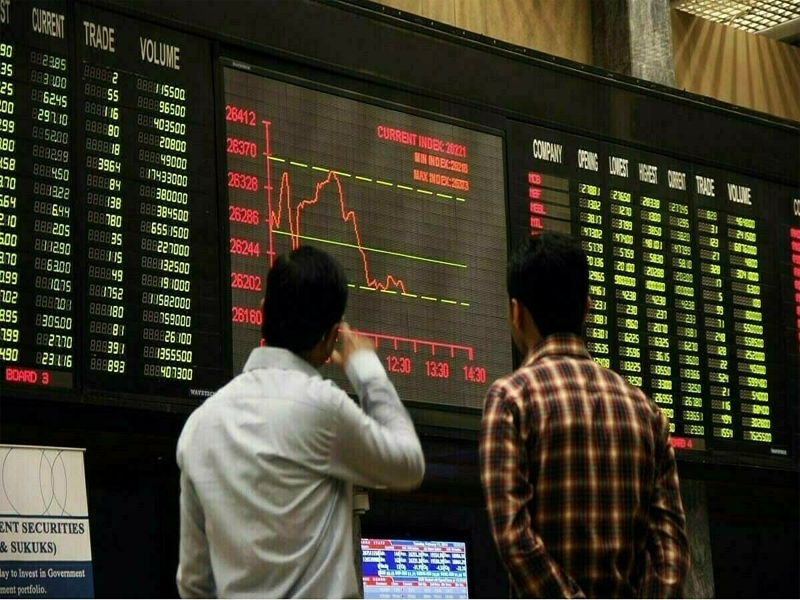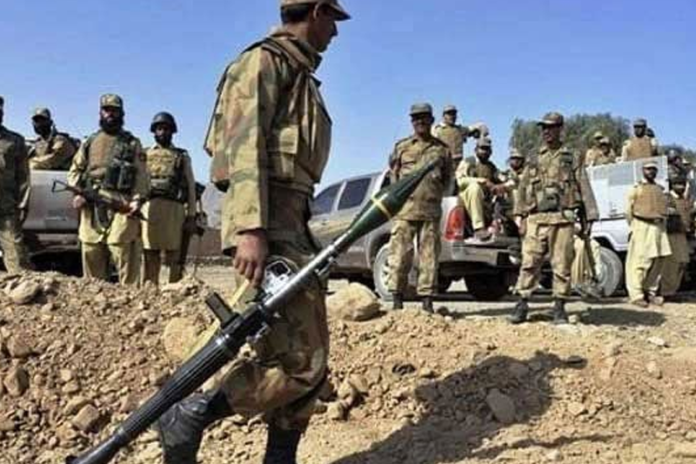KSE-100 dips below 60,000 amid election uncertainty

- 401
- 0
The Pakistan Stock Exchange (PSX) continued its downward trend post a prolonged weekend, witnessing the benchmark KSE-100 Index plummeting by 2,534.12 points (4.11%) on Tuesday, settling below the 60,000 mark at 59,170.97.
This decline follows the market's peak crossing the 66,000 mark and setting a record high on December 12.
Financial analysts initially attributed the market's downward movement to year-end profit-taking, anticipating stability above 64,000 or a potential hurdle at 63,000 post a correction. However, the substantial drop, exceeding 10%, is compounded by political uncertainty due to the upcoming elections, slated to significantly impact Pakistan's future.
Additionally, the pause in the IMF-demanded privatization process until after the elections further dampened market sentiment, linking any advancements in this area to the priorities of the incoming government.
The market's stabilization post crossing 66,000 on December 8 was short-lived, as rising inflation rates, disclosed through official data, and the State Bank of Pakistan's decision to maintain interest rates at 22% on December 13 triggered a downturn. These events implied a delay in potential policy rate cuts, foreseeing increased gas tariffs and continued monetary tightening.
The persisting high-interest rates, unanimously opposed by the business community for its adverse economic effects, are expected to influence investor confidence and market sentiment, persisting as a consequence of sustained inflation.
Previously, local investors shifted focus to stocks following a notable decline in property prices due to inflation's impact on real estate. The surge in the market was chiefly fueled by investor interest in specific sectors like energy (oil, gas, and power companies) and banks, with optimism surrounding the possibility of foreign direct investment (FDI) and Islamabad's compliance with IMF conditions regarding circular debt resolution and subsequent power and gas price increments.
Hence, investors are contending with the current economic conditions—sustained inflation and high-interest rates—factors that initially bolstered market sentiments but now challenge market stability and investor confidence.

















































